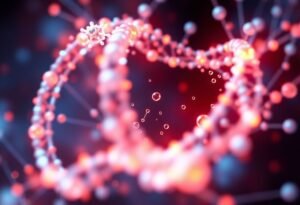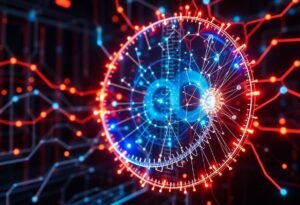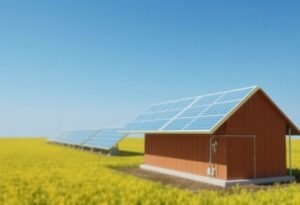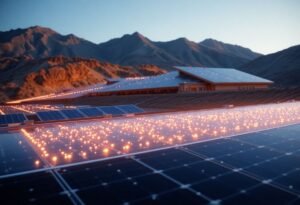The Internet of Things (IoT) has made significant inroads into various sectors, and one of the most valuable applications is in smart water management. The integration of innovative IoT technologies is reshaping the way communities manage, monitor, and conserve water resources. This ongoing transformation not only addresses water scarcity but also promotes sustainable practices in the face of climate change.
Enhancing Water Conservation Efforts
Smart water management technologies provide an array of solutions designed to enhance water conservation efforts. Utilizing sensors and data analytics, municipalities can identify leaks in real-time and monitor system performance. This proactive approach minimizes waste and ensures that water supplies are utilized more efficiently. Moreover, by implementing IoT sensors in agriculture, farmers can optimize irrigation schedules, leading to reduced water usage while maintaining crop yields. This innovative approach fosters an ecological balance, thus safeguarding vital water sources for future generations.
Real-Time Monitoring and Data Management
IoT-driven solutions facilitate effective real-time monitoring of water quality and distribution systems. Employing interconnected devices, cities can achieve unprecedented visibility into their water supply systems. Automated monitoring devices can detect chemical imbalances, turbidity, and other quality parameters. Enhanced sensing capabilities ensure timely interventions, maintaining compliance with health standards and safeguarding public health. This level of data management not only aids in regulatory compliance but also enhances the transparency of water utility operations, instilling greater trust among consumers.
Predictive Analytics for Water Demand
By leveraging predictive analytics, IoT applications enable utility providers to forecast water demand accurately. Utilizing historical data and advanced algorithms, these systems can anticipate usage trends based on seasonal variations, population growth, and even climate patterns. This foresight allows for better resource allocation and can help avert shortages during peak usage periods. Furthermore, integrating machine learning techniques allows these systems to improve their predictions over time, enhancing overall operational efficiency in water management.
Smart Irrigation Systems
Robust IoT technologies contribute to the development of smart irrigation systems. These intelligent systems monitor soil moisture and environmental conditions to optimize irrigation schedules, providing natural resources judiciously. By adopting these innovations, agricultural stakeholders can significantly reduce water waste and costs, ultimately promoting sustainable practices. The automation afforded by these systems minimizes human error, resulting in timely watering that enhances crop health and productivity.
Community Engagement through Technology
Innovations in IoT are not just limited to technical applications; they also enhance community engagement in water management. With smartphone applications and web-based platforms, residents can monitor water usage, report leaks, and receive alerts about water quality. Such engagement fosters a sense of responsibility towards water conservation, empowering users with the information needed to make informed decisions. This dynamic interaction between communities and water providers paves the way for collaborative water management strategies.
Sustainability and Environmental Impact
Ultimately, the role of IoT in smart water management extends to significant sustainability benefits. By minimizing waste, improving efficiency, and promoting responsible water use, these innovations contribute positively to environmental conservation efforts. With climate change exacerbating water scarcity concerns, the deployment of IoT solutions is critical in building a more sustainable future. Through integrated technology solutions, we can work towards ensuring that water remains accessible and sustainable for years to come.
Disclaimer: This article is for informational purposes only and does not constitute professional advice.





















